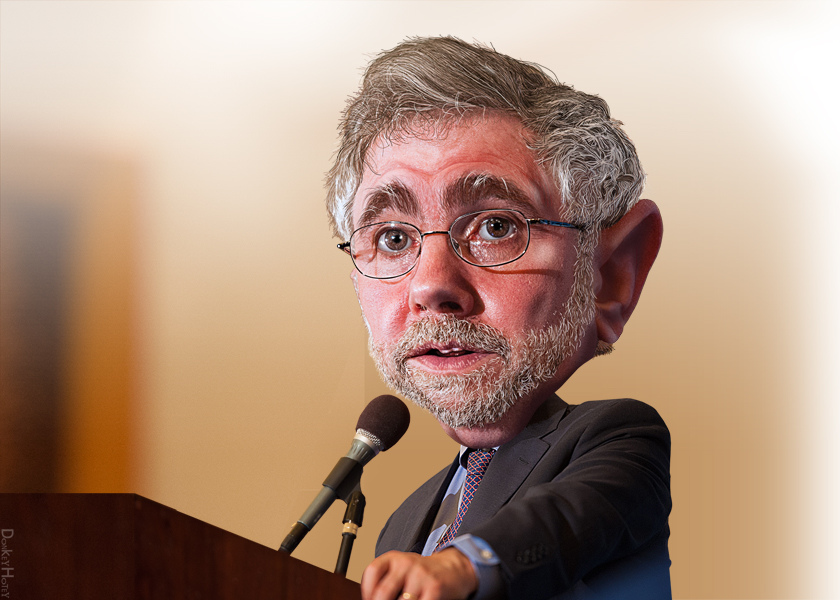Here’s How to Retire at 45 With Financial Freedom

What would life be like if you could retire at 45? Aside from not having to go to a job every day, what would you look forward to? For some, it’s more time with family. For others, it’s a literal world of travel possibilities. For still more, it’s a reason to wake up stress-free every day. But can you really retire by 45?
It might seem impossible, but it’s actually a possibility for many people. You just need to know how to establish financial freedom early on so you can spend the best years of your life living how you’ve always wanted. Here’s how to retire early by 45…

Take Steps to Retire by 45
If you’re going to retire a full 20 years earlier than most people, you’ll need a plan – one that starts as early in your working life as possible. The sooner you can start putting money away and taking advantage of compound interest, the better. To see how this works, check out this investment compound calculator.
A retirement account will be your primary investment vehicle on the way to early retirement. Look for a 401(k) with company match; if that’s not available, an IRA is the next best thing. Max out contributions to take full advantage of annualized growth. Make sure these accounts are vested.
Next, get rid of your debt as fast as you can. After you’ve maxed out your retirement account, channel leftover savings into debts – student loans, a car, a house, etc. Make double payments where you can or even an extra payment toward principal when you can. Eliminating debt is a huge cornerstone for early retirement. It’s generally best that you don’t have any debt if you plan to retire by 45!
Finally, start budgeting. The fastest way to early retirement is to live below your means and delay gratification. Pinching pennies today leads to early retirement tomorrow. Create a budget that sees the majority of your earnings going into savings (read: investments).
How Much Money Do I Need to Retire at 45?
You’re aggressively saving. You’ve paid down your debts. You’ve made smart investments. Now what? Well, before you can call it quits, you need to know exactly how much money you need to retire at 45.
The best way to figure out whether you’re on track is to determine what you want your annual take-home pay to be after retirement, then multiply that for as many years as you’ll be alive. So if you retire at 45 and think you’ll live to the ripe old age of 90, you’ll need to plan for 45 years without a paycheck. If you want to maintain a lifestyle of $50,000 each year, that means you’ll need at least $2.25 million to retire. Start saving now!
Be sure to factor in cost of living and extraneous expenses, too. Retiring early to Seattle, Washington, is going to be much more expensive than living out your days in Kansas City, Missouri. Likewise, you’ll probably need more money if you plan on vacationing extensively every year.
An Example of How to Retire at 45
Most people have a hard time believing they’ll retire at 65, let alone at 45. But if you take the right steps and make good money decisions, financial freedom is attainable. Here’s an example of how a 25-year-old might be able to retire in 20 years, at 45:
Marisol is 25 and has started a new job. She opens a 401(k) and takes advantage of her employer’s 4% contribution match. She maxes out her contribution each year for the next 20 years. She also has an extra $1,200 each month that she puts into an investment account, allocated between small cap growth stocks and emerging markets – high risk, high reward.
Each year, Marisol’s 401(k) contributions total $20,280 and have an annualized return of 9%. She contributes $14,400 to her stock portfolio and sees gains of 13%. In 20 years, her 401(k) and investment portfolio are both worth more than $1 million each.
It’s possible to retire at 45 – but it takes major emphasis on smart savings. The more you put away sooner, the more it grows to be later.
You might not reach retirement at 45, but that’s no excuse not to strive for financial independence. Read the next article in our series and learn how to retire by 50.







1 Comment
[…] Throughout my career, I’ve learned the most important lesson for financial freedom… […]